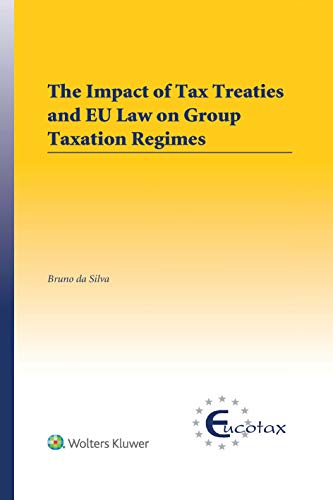The pharmaceutical sector in the European Union (EU) is a cornerstone of innovation and economic activity, contributing significantly to public health and the economy. However, its dynamics are heavily influenced by a complex web of international tax treaties. These treaties, negotiated between countries to prevent double taxation and tax evasion, play a critical role in shaping the business environment for pharmaceutical companies. This article delves into how these tax treaties affect the EU’s pharmaceutical industry, examining their impact on economic shifts and drug manufacturing.
How Tax Treaties Shape EU Pharma Dynamics
Tax treaties are pivotal in determining the financial landscape for pharmaceutical companies operating within the EU. By outlining the tax obligations of companies earning income across borders, these treaties help to avoid the double taxation that can occur when two countries claim tax jurisdiction over the same income. For the pharmaceutical sector, which often involves complex international supply chains and cross–border research collaborations, tax treaties provide a framework that can either facilitate or hinder business operations. Companies can benefit from reduced withholding tax rates on royalties and dividends, which are common in collaborations and investments, thus enhancing their financial efficiency and encouraging further investment in research and development (R&D).
Moreover, tax treaties influence the strategic decisions of pharmaceutical companies regarding where to establish their headquarters or R&D facilities. By offering favorable tax conditions, certain EU countries become attractive hubs for pharmaceutical giants, which can lead to a concentration of industry expertise and innovation in these regions. However, this can also create imbalances within the EU, where some countries may feel disadvantaged by the competitive tax regimes of their neighbors. This dynamic necessitates careful negotiation and cooperation among EU member states to ensure that tax treaties do not inadvertently undermine the unity and economic coherence of the region.
Tax treaties also play a crucial role in shaping the competitive landscape of the EU pharmaceutical sector. By standardizing tax treatment across borders, these treaties create a more predictable and stable environment for companies operating internationally. However, they can also lead to significant disparities in tax burdens among companies based in different jurisdictions. As a result, pharmaceutical companies may engage in tax planning strategies to take advantage of treaty benefits, potentially shifting profits to low-tax jurisdictions. This has sparked debates over tax fairness and the ethical responsibilities of pharmaceutical firms, particularly as governments seek to balance attracting investment with ensuring that companies contribute their fair share of taxes.
Analyzing Economic Shifts in Drug Manufacturing
The presence of tax treaties has led to notable economic shifts in the EU’s drug manufacturing landscape. One significant impact is the optimization of supply chains, as companies strategically locate their manufacturing plants and distribution centers in countries with favorable tax treaties. This can lead to increased investment in those regions, boosting local economies and creating jobs. However, it can also result in the relocation of manufacturing activities from countries with less favorable tax conditions, potentially leading to economic downturns and job losses in those areas.
Tax treaties also influence the cost structures of pharmaceutical companies, which in turn affect drug pricing and availability. By reducing the tax burden on cross-border transactions, these treaties can lower the overall cost of drug production and distribution. This might enable companies to offer more competitive prices or reinvest savings into further R&D. However, the benefits of reduced costs are not always passed on to consumers, as companies may prioritize profit margins. Additionally, disparities in tax treaty benefits can lead to uneven drug pricing across the EU, impacting patients’ access to essential medications.
Furthermore, tax treaties can drive innovation within the pharmaceutical sector by facilitating international collaborations and partnerships. By providing clarity and predictability in tax obligations, these treaties encourage companies to engage in joint ventures and research initiatives that span multiple countries. This can accelerate the development of new drugs and treatments, leveraging the diverse expertise and resources available across the EU. However, the reliance on tax treaties for fostering innovation also underscores the importance of maintaining robust and equitable agreements that support all member states equally, ensuring that the benefits of pharmaceutical advancements are widely shared.
Tax treaties are a critical component of the regulatory framework governing the EU’s pharmaceutical sector, influencing everything from corporate strategies to drug pricing. While they offer significant advantages in terms of reducing tax burdens and encouraging investment, they also present challenges related to economic equity and competitive fairness. As the EU continues to navigate the complexities of the global pharmaceutical market, it is essential for policymakers to ensure that tax treaties are structured in a way that balances the needs of companies with the broader public interest. By doing so, the EU can foster a thriving pharmaceutical sector that not only drives economic growth but also contributes to the health and well-being of its citizens.
